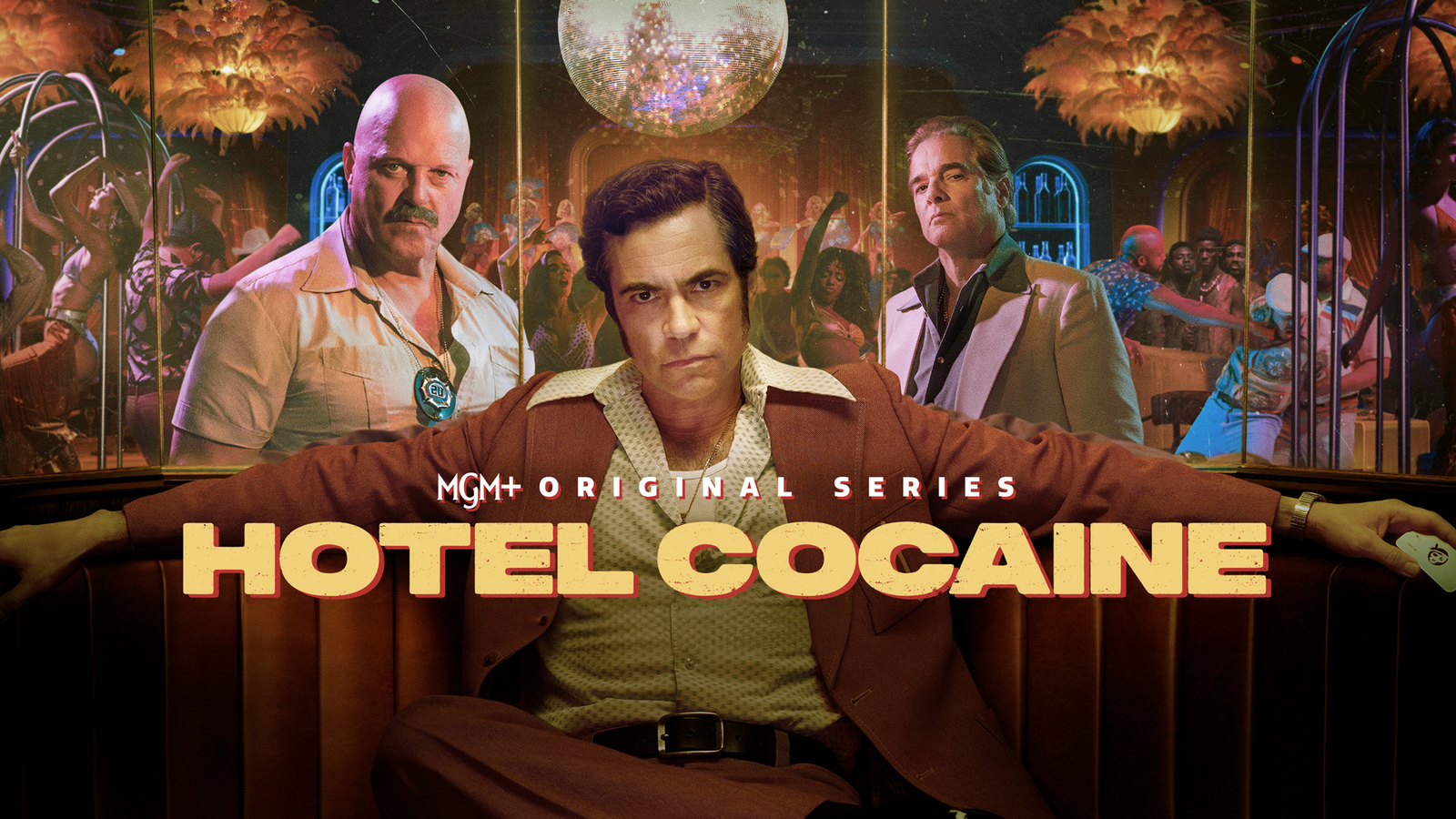Hotel Cocaine: Understanding the Myths and Facts Behind a Controversial Term
The phrase “hotel cocaine” might sound shocking or even intriguing to some. While it may conjure images of dangerous parties or illicit activities, it’s essential to approach the term with caution and a clear understanding. In this article, we will explore what the term “hotel cocaine” really means, where it comes from, and why it has garnered so much attention. We aim to separate fact from fiction and illuminate this controversial term from multiple angles.
What is Hotel Cocaine?
The term “hotel cocaine” is not an official term used in any legal or medical context, nor is it tied to any legitimate hotel industry practices. Instead, it’s often used in pop culture, particularly in movies, books, and music, to describe situations where drugs are involved in hotel settings. Whether it’s a high-profile celebrity scandal or a gritty crime drama, hotels have been a common backdrop for tales of excess, indulgence, and, sometimes, illegal activities.
But is this term a reflection of reality, or is it just another sensationalized concept? Let’s dive deeper.
Origins of the Term
The exact origin of the phrase “hotel cocaine” is unclear. However, it likely gained popularity in the 1980s and 1990s, a time when cocaine use was widespread, and the luxury hotel industry was experiencing a surge in high-profile guests. Celebrities, business moguls, and politicians alike were frequenting these establishments, sometimes indulging in substances like cocaine. Hotels, with their anonymity and privacy, became hotspots for these kinds of behaviors.
Movies and television shows began to associate hotels with the decadent, fast-paced lifestyle that often came with drug use. Over time, this association evolved into the shorthand phrase “hotel cocaine,” which symbolized a life of excess, secrecy, and sometimes dangerous behavior.
The Realities of Drug Use in Hotels
While the idea of “hotel cocaine” may sound like a character from a gritty crime drama, it’s important to ground the discussion in reality. Hotels, like any other public space, are places where illegal activities can occur, but these are different from the everyday experiences of most hotel guests. Most hotels comply with the law and provide their customers with safe, legal, and enjoyable stays.
Hotel Security Measures
Hotels take security very seriously, particularly when preventing illegal activities. Here are some of the steps many hotels take to ensure the safety and well-being of their guests:
- Surveillance Systems: Many hotels have extensive cameras in public areas like lobbies, elevators, and hallways.
- Staff Training: Hotel employees are trained to identify and report suspicious activity, including illegal drug use.
- Strict Check-in Procedures: Reputable hotels often require identification and payment upon check-in to ensure the safety of their guests and reduce the risk of illegal activities.
While it’s possible that illegal activities, including drug use, may occur in a hotel room, most hotels are proactive in addressing such situations when they arise.
Drug Use and the Hospitality Industry
The hospitality industry, particularly high-end hotels, has unfortunately been associated with illegal drug use, but it’s important to remember that this is not the norm. Drug abuse is a societal issue that can affect various sectors, not just hotels. The portrayal of hotels as locations where “hotel cocaine” is prevalent is largely influenced by media and public scandals.
Hotels in major cities or luxury destinations may have higher-profile clientele who are more likely to be involved in these types of situations, but this does not mean the industry as a whole is complicit in drug use. Many hotels are actively working with law enforcement to crack down on illicit drug activity.
The Impact of Media and Pop Culture on the Term “Hotel Cocaine”
The media plays a massive role in shaping perceptions of the world. When it comes to the term “hotel cocaine,” much of what people know or think they know comes from films, television shows, and music. Popular movies from the 1980s, such as Scarface, glamorized the drug trade and depicted high-end hotels as breeding grounds for illegal activities.
Similarly, songs by artists like The Weeknd, who often sings about excess and partying in luxurious settings, contribute to this image of hotels being linked to “hotel cocaine” culture. The combination of media, celebrity culture, and high-society lifestyle creates a perfect storm of association, where hotels and drug use are seen as two sides of the same coin.
Some Key Influences in Pop Culture
- Movies: Films like Scarface (1983) and The Wolf of Wall Street (2013) feature hotel scenes that include drug use, which further solidifies the connection between hotels and illicit activities.
- Music: Lyrics in pop and rap music often reference drugs and hotel rooms as part of the hedonistic lifestyle.
- Celebrity Scandals: Publicized scandals involving celebrities using drugs at luxury hotels contribute to the public’s perception of “hotel cocaine.”
While these portrayals are based on real-life events, they don’t reflect most hotel experiences. It’s crucial to remember that media often exaggerates or sensationalizes certain aspects for dramatic effect.
Legal and Ethical Considerations
Using cocaine is illegal in most countries, and hotels are subject to the same laws as any other public space. Guests who engage in illicit activities like drug use can face serious legal consequences. Law enforcement agencies regularly work with hotel security to monitor suspicious activities and ensure the safety of all guests.
Consequences of Drug Use in Hotels
- Legal Penalties: Individuals caught using or distributing drugs like cocaine can face fines, arrest, or imprisonment, depending on local laws.
- Hotel Penalties: Hotels can ban guests involved in illegal activities, sometimes reporting the incident to law enforcement.
- Damage to Reputation: If a hotel is associated with drug use or other illegal activities, it can significantly blow its reputation, resulting in lost business.
Hotels that allow drug use or other criminal activities to go unchecked risk not only legal repercussions but also a tarnished image. Therefore, most establishments take proactive steps to ensure their guests comply with the law.
What Can Guests Do to Stay Safe?
For those staying at hotels, safety should always be a top priority. If traveling to a hotel known for its high-profile clientele, staying alert and avoiding any activities that could lead to trouble is important.
Here are some tips for ensuring a safe hotel experience:
- Research Your Hotel: Read reviews and check the hotel’s safety ratings before booking. Websites like TripAdvisor and Booking.com can provide insight into a hotel’s reputation.
- Stay Private: Avoid sharing personal information with strangers, especially in a hotel setting, where anonymity can lead to unwanted attention.
- Know the Law: Familiarize yourself with the local laws regarding drug use and other illegal activities.
- Trust Hotel Staff: If you feel uncomfortable or witness something suspicious, don’t hesitate to contact hotel management or security.
By staying vigilant and respecting the rules, you can minimize the risks associated with staying at hotels, even in places where the “hotel cocaine” culture might be more prevalent.
The Future of Hotels and the Drug Culture
As society becomes more aware of the dangers of drug abuse and the need for better regulation, the hotel industry will likely evolve to become even more proactive in addressing these concerns. Some hotels have already implemented new security measures, including advanced technology to detect illegal substances, while others offer drug-free zones to promote healthier environments for guests.
Hotels Adapting to Change
- Technological Advancements: Some hotels are introducing biometric checks and AI-powered security systems to detect and prevent illegal activities.
- Wellness Initiatives: More hotels focus on wellness and offer programs like yoga, meditation, and drug-free environments to cater to guests seeking healthier alternatives.
- Collaborations with Authorities: Increased cooperation between hotel management and law enforcement ensures that any illegal activity is promptly addressed.
These changes reflect a shift in the industry toward providing safer, more welcoming environments for all guests, free from the influence of illegal substances.
Conclusion: The True Meaning of Hotel Cocaine
While the term “hotel cocaine” evokes images of excess and luxury, it’s important to remember that this is more of a cultural stereotype than a widespread reality. Most hotels are safe, legal, and enjoyable places for travelers from all walks of life. The portrayal of hotels as hotbeds for drug use is often exaggerated by the media and fueled by sensationalized accounts of celebrity behavior.
By staying informed, being cautious, and supporting hotels that prioritize safety and legality, guests can enjoy their experiences without falling prey to the dangers associated with drug use. Understanding the reality behind the term “hotel cocaine” helps clear up misconceptions and encourages a more responsible, respectful view of the hospitality industry.
So, the next time you hear the phrase “hotel cocaine,” you can approach it with a clearer, more balanced perspective. Remember, most hotel stays are filled with positive, enriching experiences, not illicit activities. Let’s work together to keep the hotel experience safe, enjoyable, and drug-free.





Post Comment